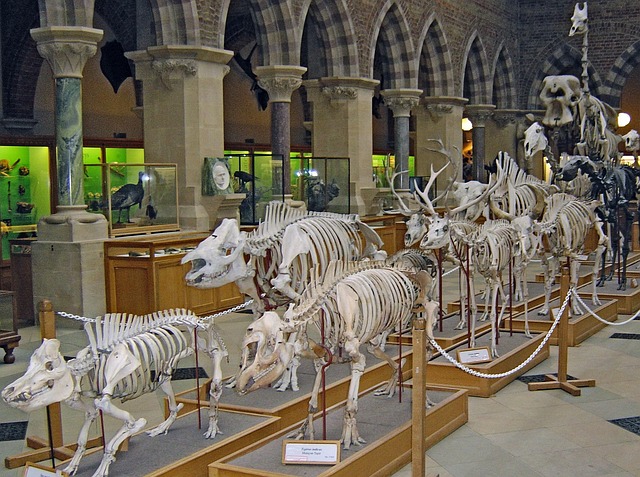Real estate is a key driver of economic growth, generating jobs, construction activity, and tax revenue by adapting to changing market dynamics. Developers and investors play a vital role in meeting housing demands, leading to vibrant communities. The sector's performance indicates economic health, with strong property values and rising homeownership rates signaling prosperity. By embracing sustainable practices, innovative technologies, and consumer preferences, real estate contributes to efficient, resilient, and livable spaces, ultimately supporting sustainable growth strategies. As remote work trends continue in the digital age, real estate remains poised to adapt and maintain its crucial role in fostering economic prosperity.
The potential for future economic growth is largely tied to the dynamic sector of real estate. This article delves into how real estate can serve as an engine for economic prosperity, exploring historical perspectives and emerging trends that are reshaping markets globally. From technological advancements like smart cities to sustainable practices, each trend presents unique opportunities. We examine strategic investments in real estate and their role in driving long-term economic growth, supported by compelling case studies. Discover how these factors converge to create a robust framework for economic advancement, underscoring the vital connection between real estate and global economic landscapes.
Real Estate as an Engine for Economic Growth

Real estate plays a pivotal role in fostering economic growth, serving as a powerful engine that drives numerous sectors. The industry’s impact extends far beyond mere property transactions; it creates jobs, stimulates construction and related industries, and generates significant tax revenue for governments. As populations grow and shift, real estate developers and investors play a crucial role in meeting housing demands, which can lead to vibrant urban centres and thriving communities.
The potential for future economic growth lies heavily on the real estate sector’s ability to adapt to changing market dynamics. This includes embracing sustainable building practices, incorporating innovative technologies, and responding to evolving consumer preferences. By focusing on these aspects, the industry can ensure long-term prosperity while contributing to more efficient, resilient, and livable spaces for communities worldwide.
– Exploring the connection between real estate and economic prosperity

Real estate has long been considered a barometer of economic health and prosperity. The connection between property markets and overall economic growth is multifaceted. On one hand, real estate development and investment can drive economic activity by creating jobs in construction, brokerage, and related services. As new buildings rise and communities expand, so does local and regional GDP, reflecting increased economic output and potential.
Furthermore, the performance of the real estate sector often mirrors consumer confidence and spending patterns. Strong property values and rising homeownership rates can indicate a thriving economy where individuals feel secure enough to invest in their future. Conversely, soft real estate markets may signal economic downturns or uncertainty, as seen during recessions when property values decline and foreclosure rates rise. Understanding this dynamic relationship is crucial for policymakers and investors alike, as it provides insights into the broader health of the economy and offers potential avenues for fostering sustainable growth.
– Historical perspective: Real estate's role in past economic booms

Real estate has long been a key driver of economic growth, playing a significant role in past booms across various regions. Historically, property markets have experienced substantial appreciation during periods of prosperity, acting as a catalyst for overall economic expansion. This phenomenon can be attributed to several factors: first and foremost, real estate serves as a tangible asset, offering investors a secure place to park their capital. As a result, it tends to attract investment during times of economic optimism, leading to increased demand and subsequent price growth.
Moreover, the construction and development sectors are closely tied to real estate activities. Economic booms often spark a surge in residential and commercial property development, creating new jobs and stimulating related industries. This ripple effect across various segments contributes significantly to overall GDP growth. In today’s digital era, where remote work has become more prevalent, the real estate market is poised to adapt and continue its pivotal role in fostering economic prosperity.






